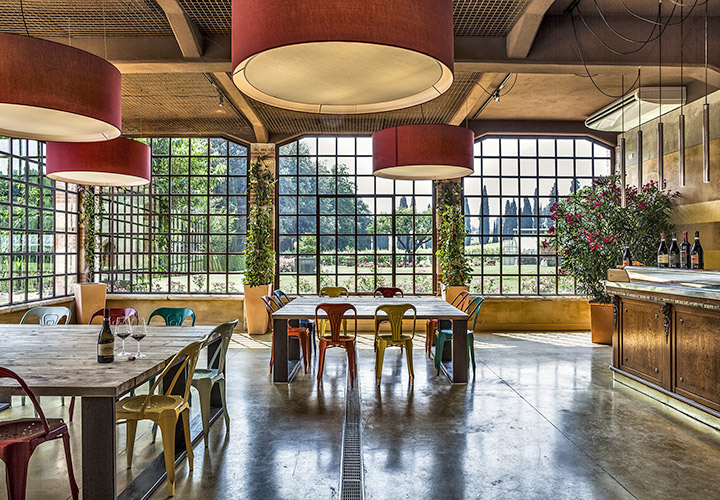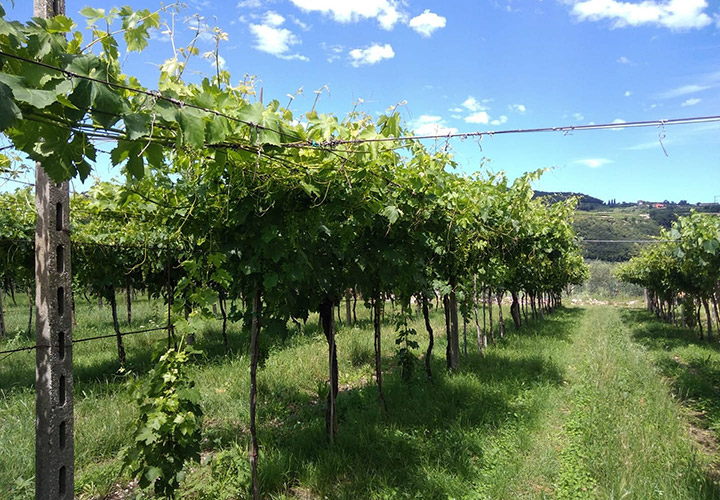In 1927, during the period of fascist Italy, following a new administrative reform, the municipalities of Valpolicella were reduced to 6: Fumane, Sant’Ambrogio, Marano, Negrar, San Pietro in Cariano and Pescantina. The population has approximately 39,000 inhabitants and the density is 230 people per km² Verona winery

But Valpolicella, above all, is famous throughout the world for its excellent wines: Valpolicella, Recioto and the full-bodied Amarone. Through the Valpolicella Wine Route it is possible to taste the products of the wine tradition while discovering the beauty of this fascinating corner of the Veronese foothills
Look at the wineries’ proposals >> Valpolicella tasting
The production area of Amarone Valpolicella DOP includes, in part or entirely, the territory of 19 municipalities in the province of Verona, in the Veneto region. w
inery verona
Amarone Valpolicella Verona winery
Amarone is a wine obtained by fermenting the raisined grapes of the typical Valpolicella vines, namely Corvina (45-95%), Rondinella (5-30%) and Corvinone (up to 50% max to replace the Corvina). The Amarone wine sells at a significant price. This is because, to be regulated, the production of Amarone is allowed with only 40% of the total grapes of a vineyard, compared to a hand harvest carried out by expert pickers in selecting intact ones and with the right level of ripeness. wi
nery verona
The Ripasso Valpolicella in Verona winery
The name Ripasso refers to the technique used to produce it. It is a practice that involves double fermentation. The first fermentation transforms the grape must into basic Valpolicella. The second fermentation is triggered by the addition of the pomace already used to produce Amarone to this base win

All the characteristics of Amarone will therefore be found in Valpolicella Ripasso but with a little less concentration and intensity: colour, aromas, bouquet, hints, etc.. In recent years some producers have created Ripassi so concentrated and intense that they can be confused with the Amarone.
Look at the Cellars of Italy
